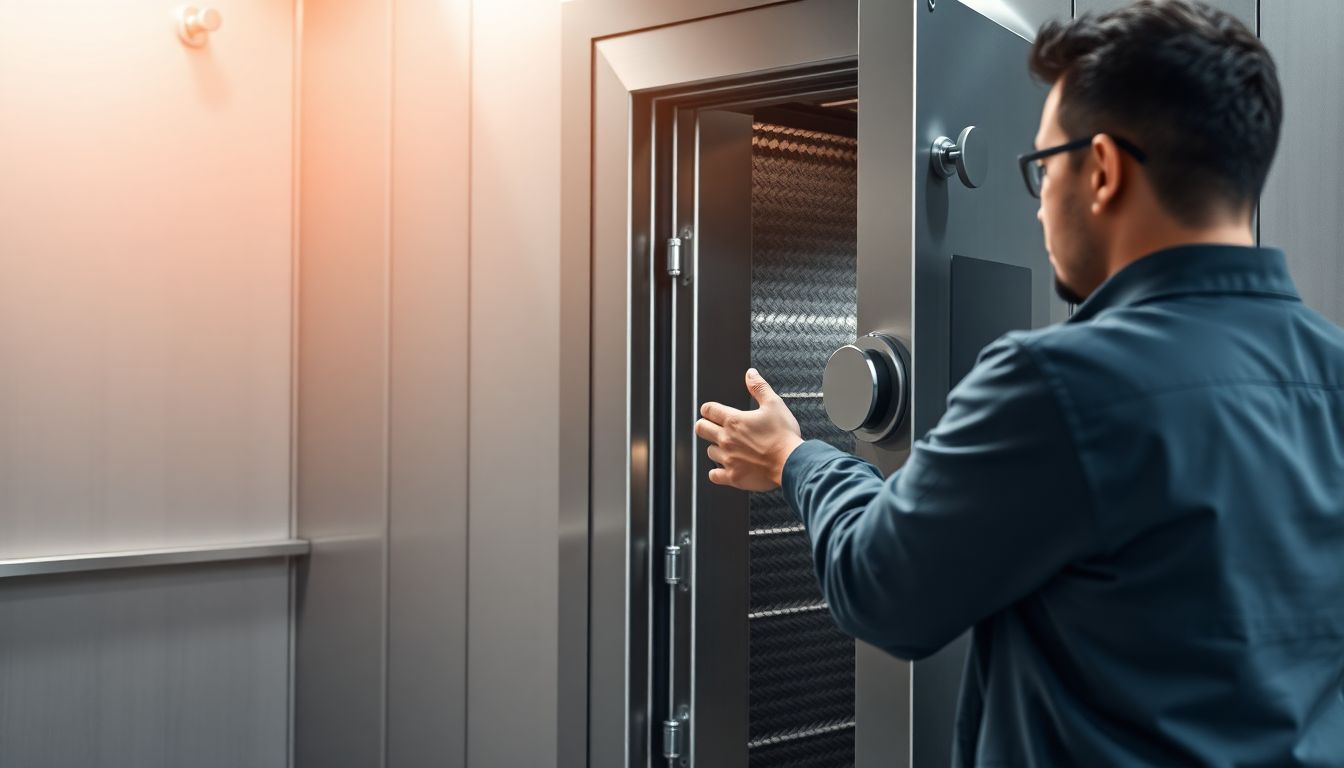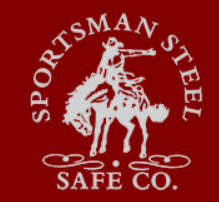 Introduction
Introduction
Protecting valuables or sensitive information isn’t just a matter of luck anymore. A sturdy vault door acts as your first line of defense. Whether for your home or business, choosing the right vault door makes all the difference. It boosts security, gives peace of mind, and helps meet safety standards. But with so many options out there, how do you pick the best one? This guide walks you through what to look for and how to make an informed decision.
Understanding the Basics of Vault Doors
What Is a Vault Door?
Vault doors are heavy, secure barriers designed to keep valuable items safe. They are used in banks, high-security homes, and data centers. These doors are built to withstand attacks, fire, and environmental threats. There are different types, from simple safes to large, armored door systems.
Why a Properly Rated Vault Door Matters
Security ratings tell you how tough a vault door is against theft or damage. Certified doors undergo tests to meet standards like UL or EN. Choosing a high-rated door means better protection from burglars, fires, and even water damage. Your valuables deserve the best shield you can buy.
Assessing Your Security Needs
Analyzing the Value of What You’re Protecting
Start with a clear picture of what needs safeguarding. Do you keep cash, important documents, jewelry, or sensitive data? The worth of these items will guide how sturdy your vault door should be. More valuable assets require higher security measures.
Evaluating Threat Levels
Look at crime reports in your area. Are burglaries common? Do fire or flooding threaten your property? Understanding risks helps you pick a door with the right features. For high-risk sites, a stronger, fireproof, and flood-resistant model makes sense.
Setting Your Budget
Vault doors can cost from a few thousand to tens of thousands of dollars. Cheaper models might be suitable for minor valuables. But for high-security needs, investing in a top-rated door pays off. Find a balance that suits your needs and finances.
Key Factors in Choosing the Right Vault Door
Material and Construction
Most vault doors are made from steel or composite materials. Some have reinforced concrete cores for added strength. Good materials resist physical attacks and environmental wear. Look for doors with thick steel panels and tamper-proof locks.
Security Ratings and Certifications
Standards like UL, EN, and ASTM rank vault doors by security. For example, Grade I doors offer top protection, suitable for banks or government facilities. Lower grades may work for home use but check what’s best for your situation.
Locking Mechanisms and Access Control
Choose between mechanical locks, electronic keypads, or biometric systems like fingerprint scanners. Mechanical locks are reliable, while electronic options offer convenience. Consider how often you need access versus security. A combination might be the best choice.
Fire and Environmental Resistance
A vault door that’s fire-rated can withstand high temperatures for a set time. Look for certifications if fire protection matters to you. Also, consider if the door resists water or humidity—crucial for flood-prone areas. Corrosion-resistant coatings extend lifespan in harsh settings.
Size and Location Specifications
Measure your available space carefully. Will the door fit your doorway and interior space? Also, think about where it will be placed. A concealed location or one with surveillance can add extra security.
Aesthetic and Compatibility
Your vault door should match or blend into your property’s style. Many doors come with different finishes, colors, and designs. You can opt for a discreet look or a prominent feature depending on your preference.
Customization and Additional Security Features
Reinforced Frames and Anchoring
The best vault doors are securely anchored to the surrounding structure. Professional installation ensures maximum strength and safety. Reinforced frames stop attempts to pry or remove the door.
Alarm Systems and Monitoring
Link your vault to an alarm system. Motion sensors, cameras, and remote monitoring enhance security. Some systems notify you instantly if someone tries to tamper with the door.
Additional Security Accessories
Add features like time locks, relockers, or intruder-resistant mechanisms. Fire-resistant safes are good for small valuables, but a vault door offers a higher level of protection for large assets.
Choosing a Trusted Supplier or Manufacturer
Certifications and Industry Reputation
Buy from established vendors with real experience. Check reviews, ask for references, and confirm the company’s credentials. A reputable supplier stands behind their products.
Warranty and Service Support
A good vault door comes with a warranty—often several years. Check what it covers and ask about maintenance availability. Regular servicing keeps your security system in top shape.
Customer Testimonials and Case Studies
Learn from others’ experiences. Many suppliers provide case studies or references from high-security sites like banks or government offices. Their stories can help you see what’s possible.
Final Tips for Selecting the Perfect Vault Door
- Perform a detailed site assessment before shopping.
- Ask security experts for advice tailored to your property.
- Request demonstrations of the vault door in action.
- Prioritize quality certifications over low prices.
Conclusion
Choosing the right vault door isn’t just about price—it’s about protection. Carefully evaluate the material, security ratings, features, and installation options. Never cut corners on safety. A well-made, properly installed vault door shields your valuables from harm and gives peace of mind. Invest wisely, and secure your assets with confidence.
